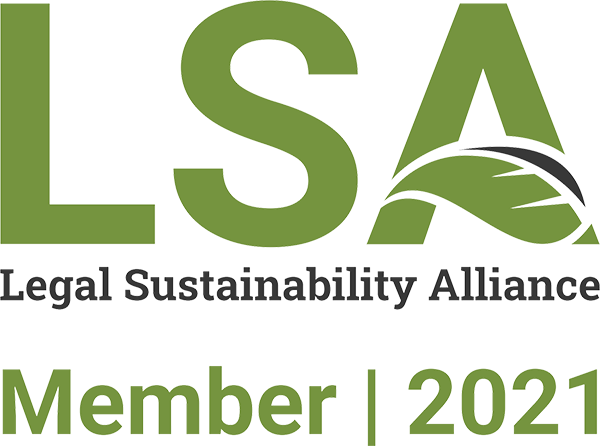| On Monday, 16 March 2020, the decree of the Romanian President was published in the Official Bulletin, declaring the state of emergency on the Romanian territory (the “Decree”). Furthermore, on the same day, the National Fiscal Administration Agency issued a press release specifying the measures that the Agency is going to adopt given the state of emergency declared at national level. All these measures have had a major impact on the legal framework, impacting, among others, the litigious, the enforcement proceedings, the statutes of limitations and fiscal inspections.
The litigious proceedings Pursuant to the Decree, all non-urgent litigations are suspended by the operation of law, without the need for the parties’ intervention. The terms for exercising the means of appeal in the causes suspended by the operation of the law are interrupted and will be restarted once the state of emergency is terminated, the court having the obligation to establish the new hearing within 10 days as of the termination of the state of emergency. In what the urgent cases are concerned, they will be qualified as such by the management councils of the High Court of Cassation and Justice and of the Courts of Appeal, that will prepare a list in this respect, to be updated from time to time. Nevertheless, even urgent cases may be postponed ex officio or at the parties’ request, if the interested party is home isolated or quarantined. Moreover, in the urgent cases, the court session will preferably take place by videoconference if the circumstances allow it. How will enforcement proceedings be affected? The decree stipulates, beside the suspension by the operation of the law of most litigations, a limitation of the enforcement proceedings. Thus, only enforcement proceedings that may be carried out observing the sanitary discipline rules established by the National Committee for Special Emergency Situations (CNSSU) that periodically issues decisions for the application of certain prevention actions may continue. Furthermore, the enforcement proceedings that concern budgetary receivables will not commence or will be suspended throughout the state of emergency, pursuant to the press release issued by ANAF in this respect. Thus, no formal notices will be issued, no garnishments on available moneys and income will be established and no seizures over goods will be created. The exceptions are the moneys awarded in court decisions rendered in criminal cases, which will continue to be enforceable. The limitation periods The decree establishes with priority the rule of non-commencing or suspending, as the case may be, the limitation and forfeiture periods. Thus, the limitation periods will start or continue to elapse only after the termination of the state of emergency, irrespective of when the limitation term was suspended, relative to its duration. Thus, the provisions of the Decree prevail over the provisions of the Civil Code, which allowed the suspension of the limitation period for a temporary force majeure event only when the force majeure event occurred during the last 6 months of the limitation period. Furthermore, according to the communication published by the European Court of Human Rights, the 6-month term required for the submission of a claim is suspended for a month, as of 16 March 2020. The activity of the National Trade Registry Office (ONRC) Pursuant to the Decree, the activity of the National Trade Registry Office is limited to the registration of entries regarding legal and natural persons registered within the Trade Register and is carried out by electronic means, being thus mandatory to use the electronic signature on the documents submitted with the institution. The release of documents, information and certificates is conducted electronically, and assistance will also be provided by electronic means. Suspension of fiscal inspections ANAF decided to suspend all tax control and antifraud actions, except for those that may be conducted remotely and those concerning tax evasion, where there are indications in this respect. Furthermore, ANAF decided to suspend antifraud actions concerning Filter II and the specific activities conducted at the Border Crossing Points with Hungary and Bulgaria.
|
- Filip & Company
We are committed to be a contributor in the development and evolution of the Romanian economy and society.
- Business
We are a forward-thinking business law company focused on distinctively high degree of quality, responsiveness and agility that helps our clients navigate change, seize opportunities and overcome legal challenges.
- Law
Everything we do will help grow, strengthen and defend every aspect of your business.

Legal news
- Insights
We focus on building long-term relationships and anticipating our clients needs. Because we care.







